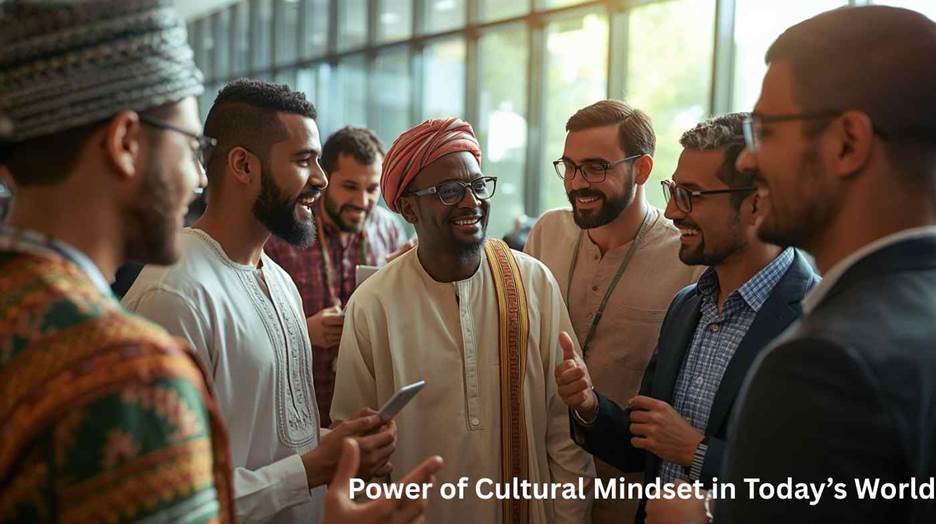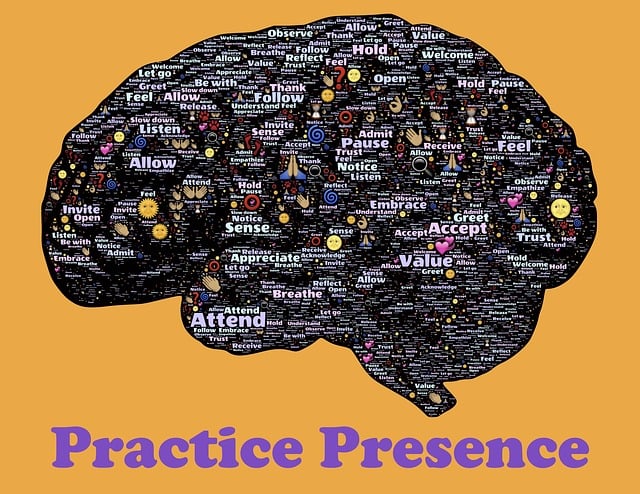In every society, the way people think, behave, and interact is deeply shaped by their cultural mindset. This mindset reflects the values, traditions, and beliefs that guide human conduct, whether in family life, professional settings, or community interactions. Understanding the cultural mindset of different groups has become increasingly important in our globalized world, where cross-cultural communication and cooperation are part of daily life. This article explores what cultural mindset means, why it matters, and how it influences individuals and communities across the globe.
Table of Contents

Defining Cultural Mindset
A cultural mindset is the collective lens through which people view the world. It influences how they interpret experiences, solve problems, and engage with others. Unlike individual preferences, a cultural mindset represents a shared way of thinking shaped by history, tradition, and social norms. For example, while one society may value independence and personal success, another may emphasize community, cooperation, and collective growth.
The Role of Beliefs and Values
Beliefs and values are at the heart of a cultural mindset. They create a framework that defines what is considered acceptable, desirable, or respectful. These elements are not static; they evolve over time while still preserving the essence of a community’s identity.
Characteristics of a Cultural Mindset
Collective Identity
A strong cultural mindset connects individuals to their communities. It provides a sense of belonging, helping people align their behavior with the expectations of their group. This shared identity reinforces cultural traditions, language, and social practices.
Perceptions of Communication
Communication styles vary widely depending on the cultural mindset. In some societies, direct speech is valued as honesty and clarity, while in others, indirect communication is a way to show respect and maintain harmony. Understanding these variations is vital for avoiding misunderstandings in multicultural interactions.
Attitudes Toward Change
Some cultures adopt a flexible cultural mindset that welcomes innovation and change, while others prefer stability and continuity. These attitudes shape how societies respond to challenges such as globalization, technological advancement, and social reforms.
Why Cultural Mindset Matters
Building Cross-Cultural Understanding
A globalized world requires sensitivity to diverse perspectives. Recognizing differences in cultural mindset helps break down barriers, improve communication, and foster cooperation between people from different backgrounds.
Shaping Personal Development
An individual’s cultural mindset influences personal growth. It affects decision-making, relationships, and even professional aspirations. For instance, someone raised in a society that prioritizes teamwork may approach challenges differently than someone from a culture that values independence.
Supporting Social Harmony
Communities thrive when members respect their shared cultural mindset. It encourages fairness, unity, and cooperation. By following common values and traditions, individuals contribute to stability and reduce conflict within society.
Examples of Cultural Mindset in Practice
Workplaces and Professional Settings
In international business, understanding cultural mindset is essential. Western workplaces often emphasize punctuality, efficiency, and individual achievements. On the other hand, many Asian cultures focus on relationship-building, patience, and group success. These differences can shape negotiations, teamwork, and leadership styles.
Education and Learning
A cultural mindset also affects how people approach education. While some systems emphasize critical thinking and questioning authority, others prioritize memorization, respect for teachers, and discipline. Recognizing these differences helps educators create more inclusive learning environments.
Family and Social Roles
The cultural mindset of a society determines family structures and roles. In collectivist cultures, extended families often live together and make decisions collectively. In contrast, individualist cultures may emphasize independence and encourage young adults to establish their own households early.

The Changing Nature of Cultural Mindset
Impact of Globalization
Globalization has blurred cultural boundaries, leading to shifts in traditional mindsets. People are increasingly exposed to new values, lifestyles, and ideas that reshape their cultural mindset. While this creates opportunities for growth, it also raises challenges in preserving cultural identity.
Influence of Technology
Technology has redefined the cultural mindset in modern times. Social media, online communities, and digital trends influence how people interact, express themselves, and even perceive success. This digital shift has created a more interconnected, but also more complex, cultural landscape.
Generational Differences
Younger generations often challenge traditional ways of thinking, leading to changes in the cultural mindset. Topics like gender equality, climate responsibility, and freedom of expression reflect how evolving values reshape societal expectations.
Developing a Balanced Cultural Mindset
Respect for Traditions
Respecting cultural heritage is crucial for maintaining identity. A balanced cultural mindset honors traditions while allowing room for growth. Celebrating rituals, preserving language, and valuing historical knowledge help keep culture alive.
Openness to Diversity
A healthy cultural mindset also embraces diversity. By learning from different cultures, individuals and societies can grow stronger, more creative, and more compassionate. Openness builds bridges between communities and promotes unity in diversity.
Adaptation and Progress
Adaptability ensures that a cultural mindset remains relevant in changing times. Societies that find a balance between preserving values and embracing innovation are better equipped to thrive in the modern world.
Conclusion
The cultural mindset is a powerful force shaping human thought, behavior, and interaction. It defines how individuals see the world, how communities function, and how societies evolve. While deeply rooted in tradition, the cultural mindset is also flexible, adapting to the challenges of globalization, technology, and social change. By respecting traditions, embracing diversity, and promoting openness, individuals and societies can cultivate a cultural mindset that supports harmony and progress. Ultimately, understanding and appreciating different cultural perspectives is not only valuable but essential for building a more connected and cooperative world.